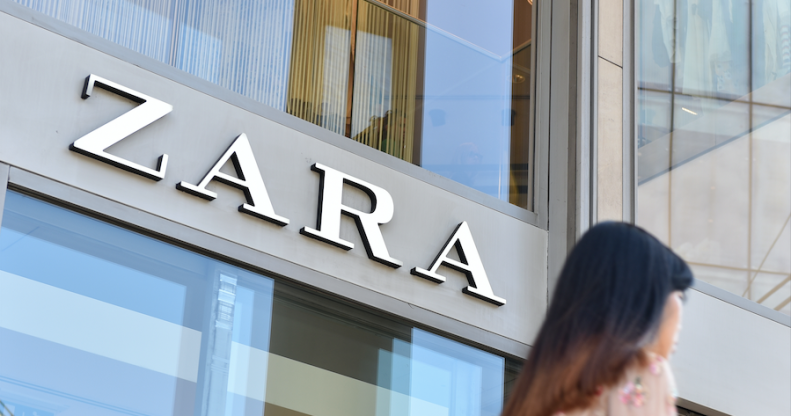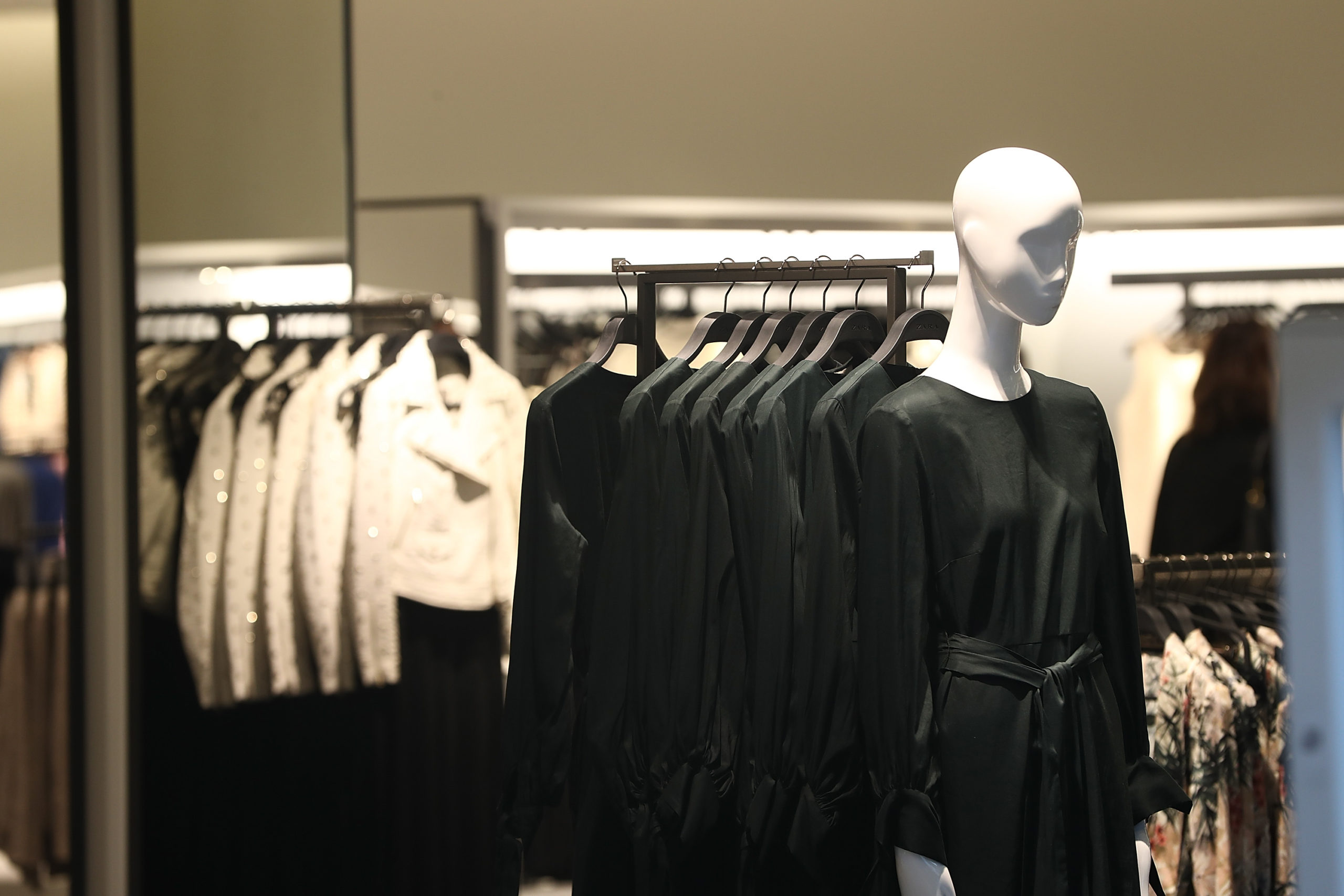Zara reaches $30,000 settlement with non-binary transgender shopper over alleged discrimination

The clothing store Zara was investigated by the NYC Commission on Human Rights (John Keeble/Getty)
The clothing store Zara was investigated by the NYC Commission on Human Rights (John Keeble/Getty)
The international clothing retailer Zara has reached a settlement with a non-binary transgender shopper who allegedly experienced multiple examples of discrimination in their New York city stores.
The company will now post notices in stores informing shoppers that they can use “sex-separated facilities that most closely align with their gender identity”.
For several years Zara has touted its line of “ungendered” androgynous clothing designed to avoid gender stereotyping, but according to Medina, a 33-year-old writer and student, the in-store experience was quite different.
In 2016 Medina was shopping in the men’s section of Zara in New York city when a store employee blocked them from using the men’s changing rooms.
The attendant reportedly told Medina they couldn’t use the changing area that most closely corresponds with their gender identity because they are “not a guy.”
The same thing happened at least two more times in different stores over the coming months, Medina told NBC News, at first making them “angry” but also triggering intense feelings of gender dysphoria and a sense of invalidation.
“It sucked because I was feeling good about myself in wearing clothes I really like,” they said.
“And for someone to infringe on that private space that you’re holding for yourself — I’m not trying to be hyperbolic — but it felt like my human rights were being taken away from me in that moment, and I had no control over that.”
NYC Commission on Human Rights opened an investigation, and four years after the initial incident, the parties finally reached a resolution.
Zara agreed to pay Medina $30,000 in emotional distress damages and to institute restorative justice measures to help prevent future discrimination in its stores.
These measures include training all 1,100 Zara employees in the New York area on the city’s non-discrimination laws.
The company is also working with the New York LGBT Center to create an employment opportunity program for trans, gender nonconforming and non-binary people.
In a statement to NBC, a spokesperson for Zara said the company is “pleased” that it was “able to collaborate with the Commission and find ways to improve the shopping experience for our customers in the transgender, non-binary and gender nonconforming community.”
“The Commission’s recommendations are in line with measures that we have put in place over the last several years that address employee trainings, equal access in our stores, and employee opportunity programs, all of which focus on the LGBTQ community,” the representative said.
They added that Zara is committed to ensuring that customers, employees and the communities it operates in “all feel respected, welcomed, and included.”
Medina said they are “overjoyed” at the outcome of their case.
“We can only do better than we did yesterday,” they said. “This feels like a step forward.”


